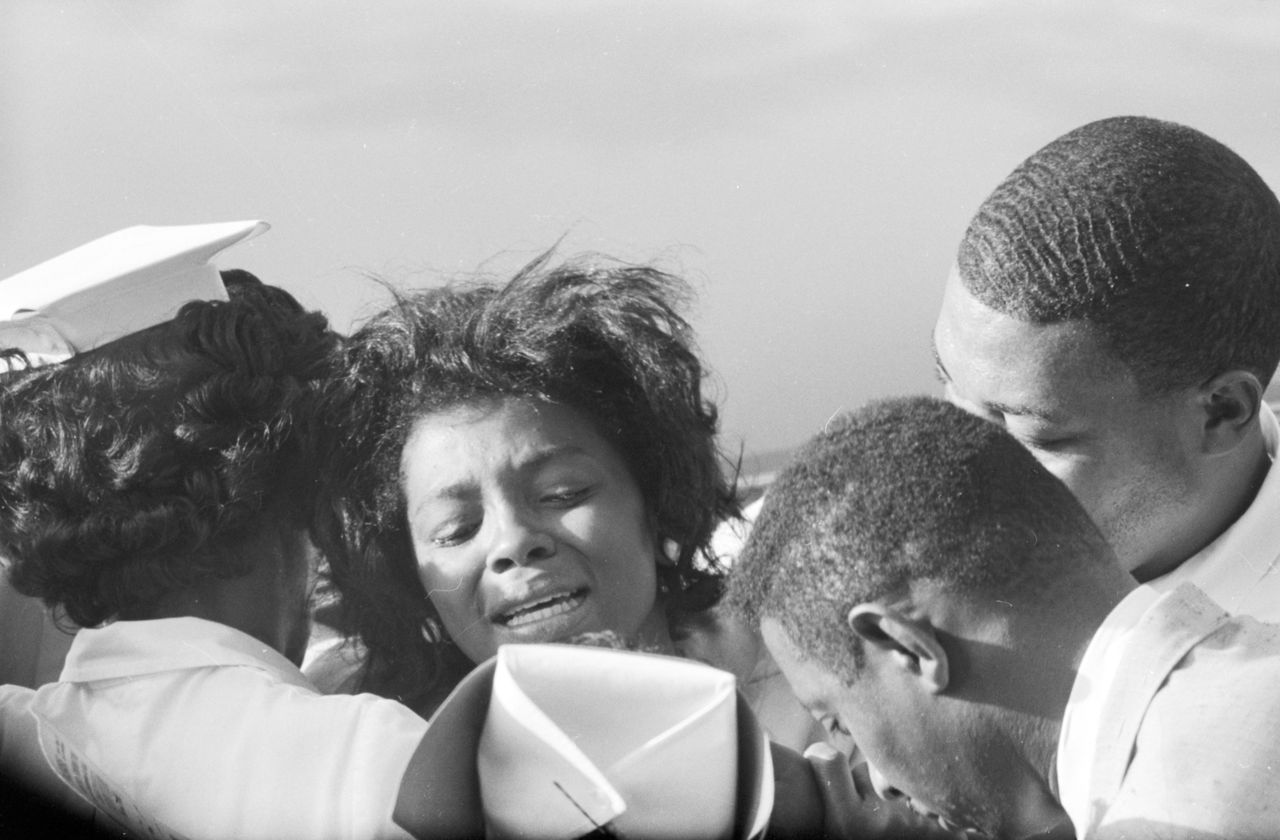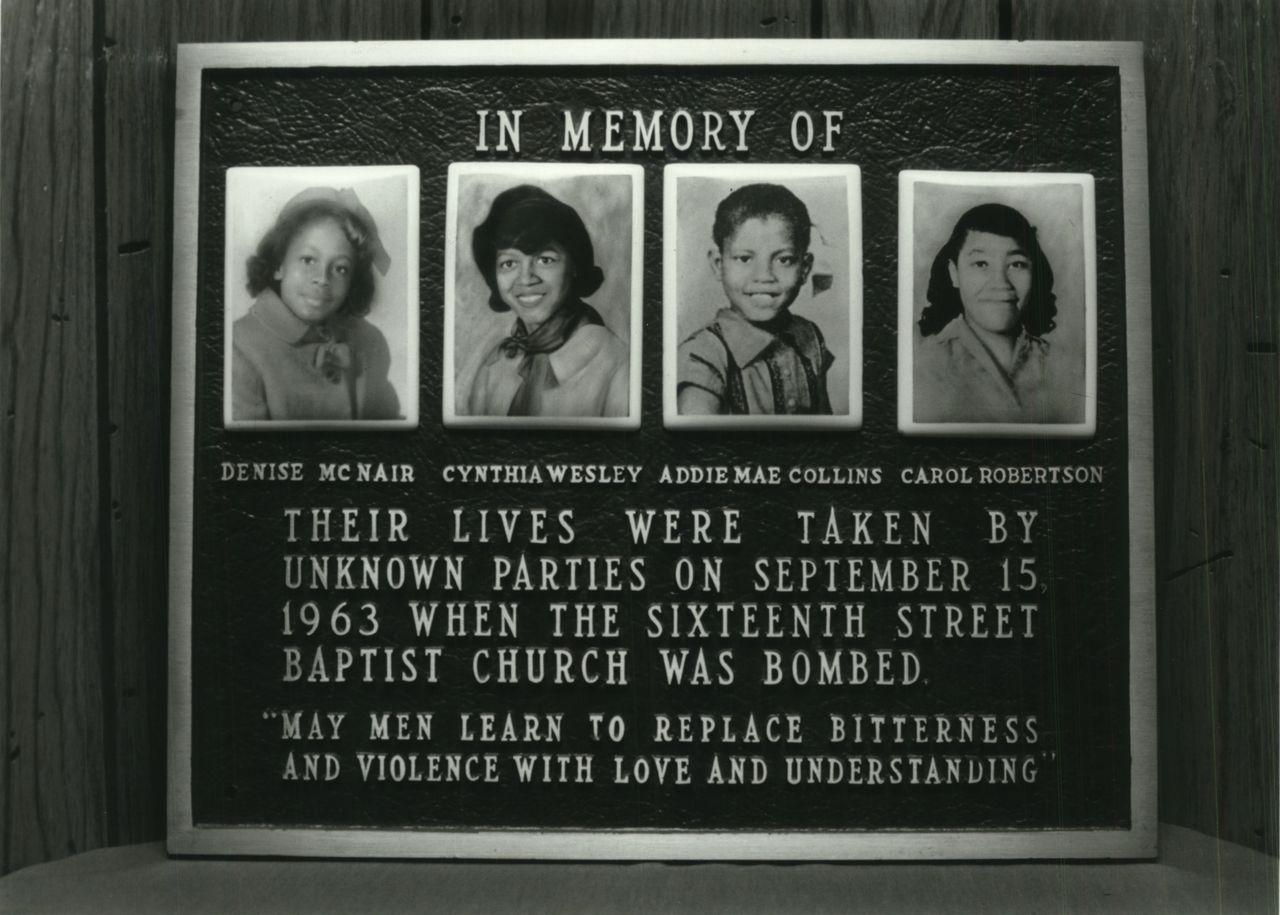16th Street Baptist celebrates 150-year âlegacy of resilienceâ in Birmingham
As the 60th anniversary of the 16th Street Baptist Church bombing approaches, the congregation strives to maintain the memory of four Black girls murdered there by the Ku Klux Klan. But they’re also celebrating the church’s 150th anniversary and legacy as a home for the Black community in Birmingham.
In 2001, when Rev. Arthur Price Jr. was thinking about moving his family from Buffalo, New York, to Birmingham, he didn’t know what to expect. He’d never lived in the South before. However, he was “pleasantly surprised that it turned out to be a great place to raise (my wife Candie and I’s) two daughters.”
“(The church) wanted to be known more for a ministry than a museum,” Price said. “We thought that we had a vision that could make it happen. We prayed about it and talked a lot about it, and God led us here. And He worked it out.”
The church was founded in 1873 and completed its current building, a red brick Romanesque structure with two iconic towers and a powerful pipe organ, in 1911. During segregation, 16th Street was known as “everyone’s church” for its role hosting meetings and lectures.
In the 1960s, the building became an organizational hub for the local civil rights movement, most notably Martin Luther King Jr’s Birmingham campaign.
Ahkeem Lee, 27, grew up at the church and developed a love for history after giving church tours. Lee said he continues to learn interesting tidbits of church history. For instance, he recently learned esteemed Black educator Arthur Harold Parker was a Sunday School superintendent at the church.
“I feel like because I have gained the wealth of knowledge of the church history and went to (Birmingham-Southern College) for history, I think it’s absolutely very important for me to be able to continue to educate young people,” Lee said.
As the church and Birmingham evolve and change, Price said the congregation must move outside the four walls of the church and serve. They work with local teachers to ensure they have the supplies they need, offer health screenings and dispense food.
The church has partnered with family court “where we take what the world deems as ‘deadbeat dads.’” If men agree to take courses at the church, instead of jail time, they receive probation and a chance to return to their families and “man up and be the man that God wants them to be,” Price said.
Congregants in the Wall Builders program at 16th Street Baptist work with people arrested for low quantities of drugs. They teach job readiness skills and apply for new jobs. Besides working with local law enforcement, the church also partners with the FBI to do civil rights seminars.
“We try to keep people educated and enlightened about some of the inequalities, inequities, and misappropriations that’s going on in the world,” Price said.
The church has seen its share of inequity and injustice.
The building will be the focal point for a week of events remembering the deaths of Addie Mae Collins, Denise McNair, Carole Robertson and Cynthia Wesley after KKK members set off a bomb in the basement on Sept. 15th, 1963.
Supreme Court Justice Ketanji Brown Jackson will speak at the annual memorial service Sept. 15. The City of Birmingham is hosting a series of “Forging Justice” events throughout the year.
Price hopes the 30,000 to 50,000 people who visit the church annually “to pay homage and tribute” can see a connection between the struggles of the 20th century civil rights movement and the injustices of the present, including the deaths of George Floyd, Ahmaud Arbery and Breonna Taylor.
The congregants of 16th Street Baptist have seen their share of trials and tribulations before and after 1963.
Price said church membership worldwide is declining, and the COVID-19 pandemic only exposed the issue. Streaming the services online has been the antidote to this problem. Now that the severity of the pandemic is waning, the call to action to fellowship beyond the church remains strong.
“Although (church membership declining) is disheartening, we’re not disheartened by that,” Price said. “It just makes us roll up our sleeves even more, seek God in prayer, and try to find ways to engage people to be a part of the fellowship because we do believe that fellowship is important.
The church’s long and storied history keeps Price optimistic because he sees the “legacy of resilience.”
“I think it’s helped make Birmingham a better place to live in,” Price said. “And that’s all because of resiliency.”

